Intro
Unlock the top 5 skills required for a Data Analyst III role at Kaiser Permanente. Discover the essential data analysis, technical, and soft skills needed to succeed in this position. Learn about data visualization, statistical modeling, and data mining techniques, as well as communication and collaboration skills to drive business insights.
As a leading healthcare organization, Kaiser Permanente relies heavily on data analysis to drive decision-making and improve patient outcomes. Data Analyst III is a critical role within the organization, requiring a unique blend of technical, business, and analytical skills. In this article, we'll delve into the top 5 skills required for a Data Analyst III at Kaiser Permanente.
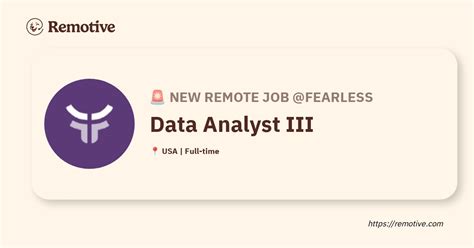
Understanding the Role of a Data Analyst III
Before we dive into the top 5 skills, it's essential to understand the role of a Data Analyst III at Kaiser Permanente. This position is responsible for analyzing complex data sets to identify trends, develop predictive models, and provide actionable insights to stakeholders. Data Analyst IIIs work closely with cross-functional teams, including clinicians, operational leaders, and other analysts, to drive business outcomes and improve patient care.
Skill #1: Advanced Data Analysis and Modeling
Data Analyst IIIs at Kaiser Permanente must possess advanced data analysis and modeling skills, including:
- Expertise in statistical modeling and machine learning algorithms
- Ability to develop and implement complex data models using tools like R, Python, or SQL
- Strong understanding of data visualization techniques to communicate insights effectively
- Experience with data mining and predictive analytics
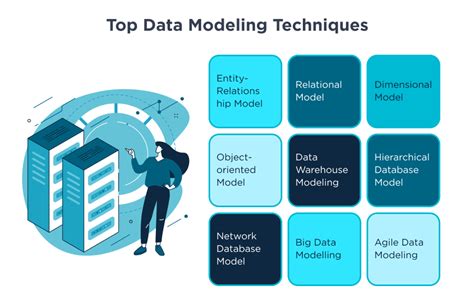
Example of Advanced Data Analysis in Action
A Data Analyst III at Kaiser Permanente might use advanced data analysis techniques to identify high-risk patients and develop predictive models to prevent hospital readmissions. By analyzing electronic health records (EHRs), claims data, and other sources, the analyst could identify key factors contributing to readmissions and develop targeted interventions to reduce costs and improve patient outcomes.
Skill #2: Strong Communication and Interpersonal Skills
Effective communication is critical for Data Analyst IIIs at Kaiser Permanente, as they must present complex data insights to non-technical stakeholders. This requires:
- Excellent written and verbal communication skills
- Ability to distill complex data insights into actionable recommendations
- Strong interpersonal skills to build relationships with cross-functional teams
- Experience with data visualization tools like Tableau, Power BI, or D3.js
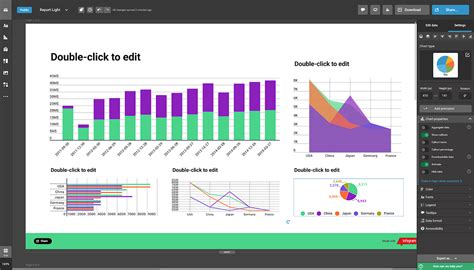
Example of Effective Communication in Action
A Data Analyst III might present findings to a group of clinicians, highlighting key trends and insights from a recent analysis. By using clear, concise language and effective data visualization, the analyst could help clinicians understand the implications of the data and develop targeted strategies to improve patient care.
Skill #3: Business Acumen and Domain Expertise
Data Analyst IIIs at Kaiser Permanente must possess a deep understanding of the healthcare industry, including:
- Familiarity with healthcare regulations, policies, and trends
- Knowledge of clinical operations and workflows
- Understanding of business outcomes and metrics, such as cost savings and patient satisfaction
- Experience with healthcare data sets, including EHRs, claims data, and other sources

Example of Business Acumen in Action
A Data Analyst III might analyze data on patient engagement and develop strategies to improve patient portal adoption. By understanding the business outcomes and metrics driving patient engagement, the analyst could identify opportunities to improve patient satisfaction and reduce costs.
Skill #4: Technical Expertise in Data Management and Analytics Tools
Data Analyst IIIs at Kaiser Permanente must be proficient in a range of technical tools, including:
- Data management tools like SQL, Oracle, or Teradata
- Analytics tools like R, Python, or SAS
- Data visualization tools like Tableau, Power BI, or D3.js
- Experience with cloud-based data platforms like AWS or Azure
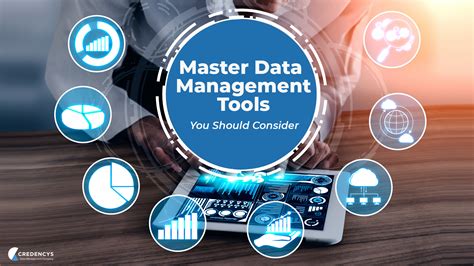
Example of Technical Expertise in Action
A Data Analyst III might develop a data pipeline using SQL and Python to extract, transform, and load data from multiple sources. By leveraging technical expertise in data management and analytics tools, the analyst could develop efficient and scalable solutions to support business needs.
Skill #5: Continuous Learning and Professional Development
The field of data analysis is rapidly evolving, with new tools, techniques, and methodologies emerging regularly. Data Analyst IIIs at Kaiser Permanente must be committed to continuous learning and professional development, staying up-to-date on:
- Emerging trends and technologies in data analysis and machine learning
- New tools and methodologies for data visualization and communication
- Best practices in data governance and management
- Opportunities for professional development and networking
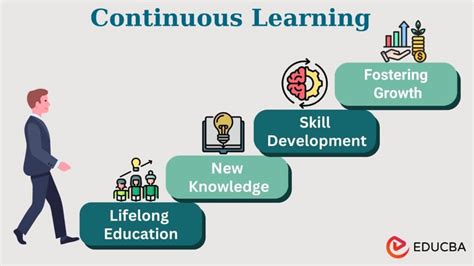
Example of Continuous Learning in Action
A Data Analyst III might attend industry conferences, participate in online forums, or pursue additional education and training to stay current on the latest trends and technologies. By committing to continuous learning and professional development, the analyst could stay ahead of the curve and drive innovation within the organization.
What is the typical career path for a Data Analyst III at Kaiser Permanente?
+The typical career path for a Data Analyst III at Kaiser Permanente may include roles like Senior Data Analyst, Data Scientist, or Analytics Manager. With experience and additional education, Data Analyst IIIs may also pursue leadership roles or transition into related fields like business intelligence or data engineering.
What are the most common data analysis tools used at Kaiser Permanente?
+Kaiser Permanente uses a range of data analysis tools, including SQL, Oracle, Teradata, R, Python, SAS, Tableau, Power BI, and D3.js. The specific tools used may vary depending on the project or team, but these are some of the most common tools used within the organization.
How does Kaiser Permanente support the professional development of Data Analyst IIIs?
+Kaiser Permanente offers a range of professional development opportunities for Data Analyst IIIs, including training programs, mentorship, and education assistance. The organization also encourages continuous learning and professional development, providing resources and support for analysts to stay current on the latest trends and technologies.
We hope this article has provided valuable insights into the top 5 skills required for a Data Analyst III at Kaiser Permanente. Whether you're a current employee or an external candidate, we encourage you to share your thoughts and experiences in the comments below. If you're interested in learning more about data analysis and machine learning, be sure to check out our other articles and resources.
